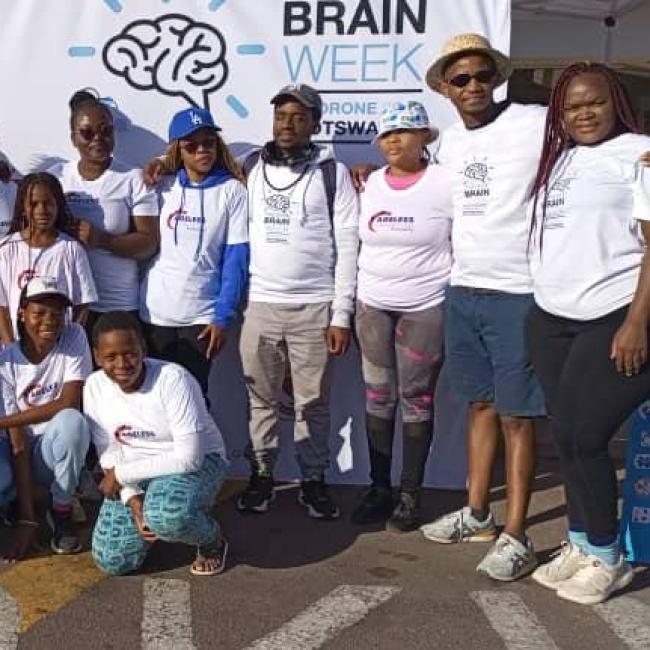Neuroanatomical markers of social cognition in neglected adolescents
Neurobiol Stress. 2024 May 17;31:100642. doi: 10.1016/j.ynstr.2024.100642. eCollection 2024 Jul.
ABSTRACT
Growing up in neglectful households can impact multiple aspects of social cognition. However, research on neglect's effects on social cognition processes and their neuroanatomical correlates during adolescence is scarce. Here, we aimed to comprehensively assess social cognition processes (recognition of basic and contextual emotions, theory of mind, the experience of envy and Schadenfreude and empathy for pain) and their structural brain correlates in adolescents with legal neglect records within family-based care. First, we compared neglected adolescents (n = 27) with control participants (n = 25) on context-sensitive social cognition tasks while controlling for physical and emotional abuse and executive and intellectual functioning. Additionally, we explored the grey matter correlates of these domains through voxel-based morphometry. Compared to controls, neglected adolescents exhibited lower performance in contextual emotional recognition and theory of mind, higher levels of envy and Schadenfreude and diminished empathy. Physical and emotional abuse and executive or intellectual functioning did not explain these effects. Moreover, social cognition scores correlated with brain volumes in regions subserving social cognition and emotional processing. Our results underscore the potential impact of neglect on different aspects of social cognition during adolescence, emphasizing the necessity for preventive and intervention strategies to address these deficits in this population.
PMID:38800539 | PMC:PMC11127280 | DOI:10.1016/j.ynstr.2024.100642





